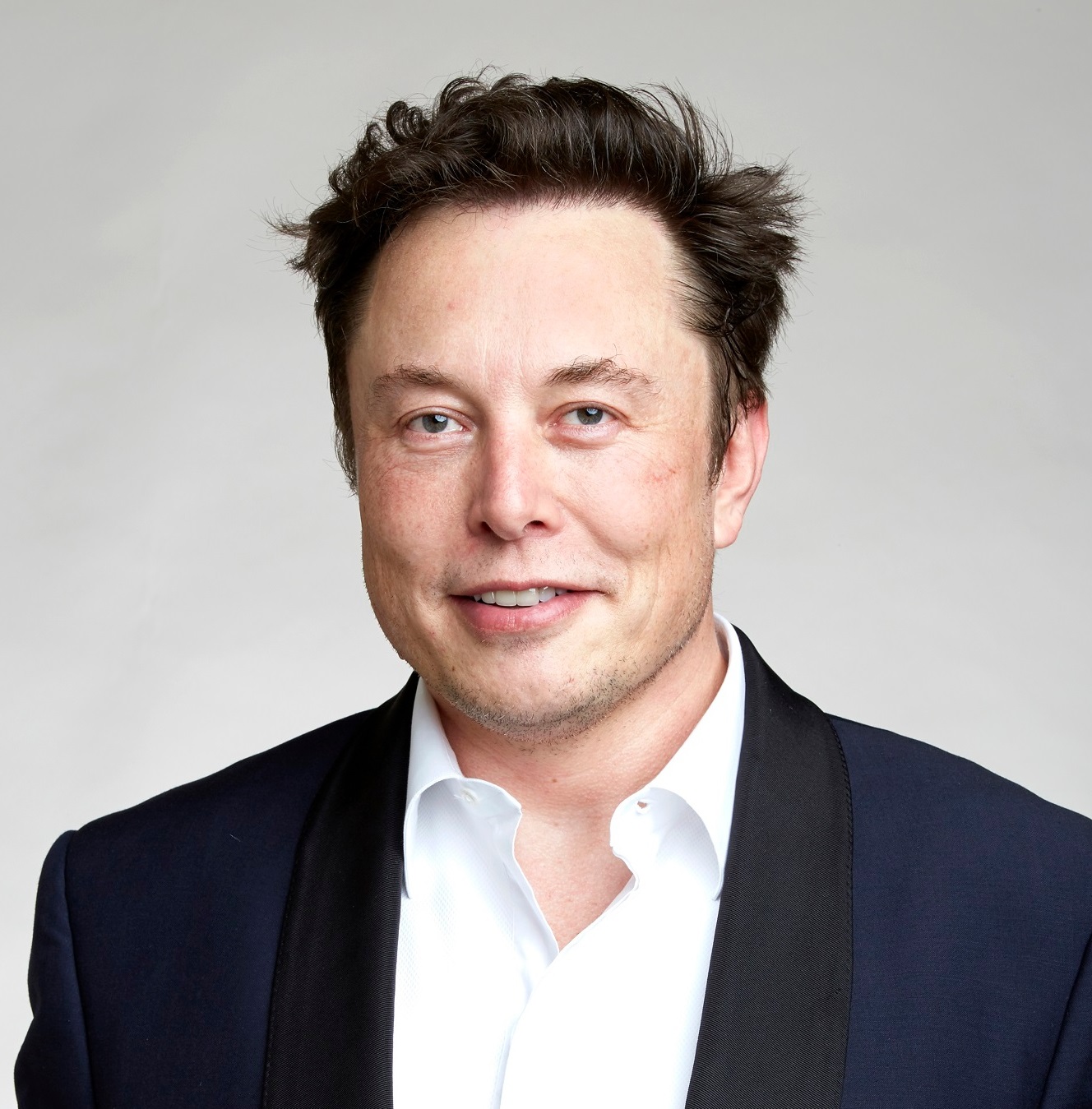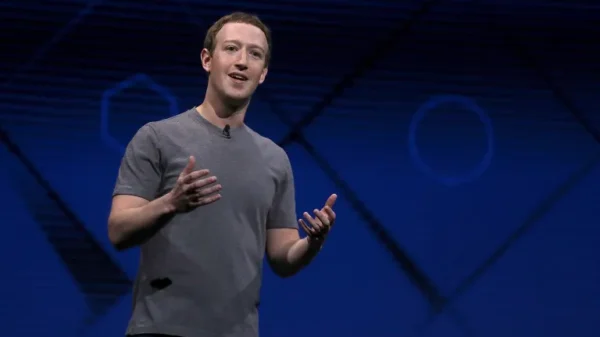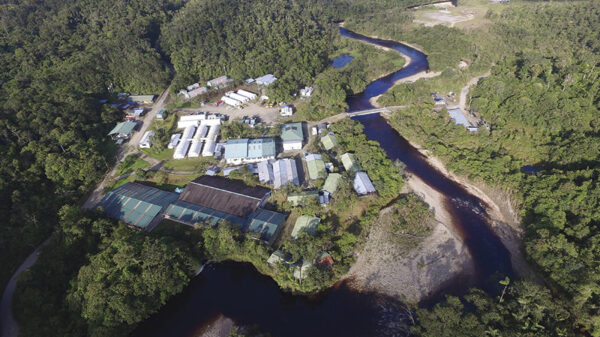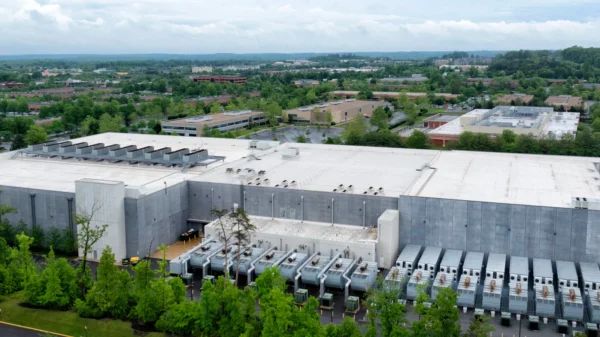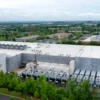In a bold strategic move, Elon Musk, the CEO of both Tesla (TSLA) and SpaceX, expressed his ambition to secure approximately 25% voting control over Tesla, his influential electric vehicle empire.
Musk, who presently holds around 13% ownership of Tesla, equivalent to approximately 411 million shares, seeks to consolidate more influence over the company’s strategic decisions. He particularly seeks that influence within the realms of artificial intelligence (AI) and robotics.
Musk’s desire for increased control came to light through a post on his social network X (formerly Twitter). He wrote, “I am uncomfortable growing Tesla to be a leader in AI & robotics without having ~25% voting control. Enough to be influential, but not so much that I can’t be overturned.”
This statement suggests Musk’s intention to strike a balance between influence and corporate governance.
The tech mogul’s notable stock sell-offs in 2022 were primarily executed to finance a $44 billion leveraged buyout of Twitter. Those stock sell-offs amounted to tens of billions of dollars. Now, Musk is redirecting his attention towards Tesla, advocating for a more pronounced role in shaping its future trajectory.
Despite Musk’s prior affirmations regarding Tesla’s pivotal role in AI and robotics, the recent push for increased control underscores the significance he places on the company’s trajectory in these domains. This stance appears to contradict his earlier statements emphasizing Tesla’s identity as an AI and robotics company during events like Tesla AI Day in September 2022.
Read more: Elon Musk and other industry experts sign open letter urging temporary pause on AI development
Read More: Elon Musk and other industry experts sign open letter urging temporary pause on AI development
Musk defends company’s AI identity
Responding to critics who perceive Tesla as overvalued, Musk defended the company’s identity as an AI/robotics enterprise, distinguishing it from traditional automotive competitors. He even shared a video clip on X showcasing the development of the Optimus robot, which, according to Musk, exemplifies Tesla’s expertise in AI and robotics.
However, Musk’s bid for heightened control should intensify scrutiny on Tesla’s board of directors in 2024. The board already faces concerns from investors and lawmakers over Musk’s divided focus, utilization of company resources across various ventures, divisive public commentary, and ongoing legal challenges.
Additionally, Musk is currently entangled in a trial in Delaware over his $56 billion pay package from Tesla in 2018. The trial’s outcome holds significance for establishing a new compensation plan for Musk, as mentioned in his recent post.
As the tech magnate seeks greater influence, the pressure on Tesla’s board to navigate these intricate issues while ensuring the company’s stability and growth is poised to escalate. Musk’s call for 25% voting control highlights the delicate balance between executive authority and corporate governance in one of the world’s most prominent tech companies.
zartasha@mugglehead.com

